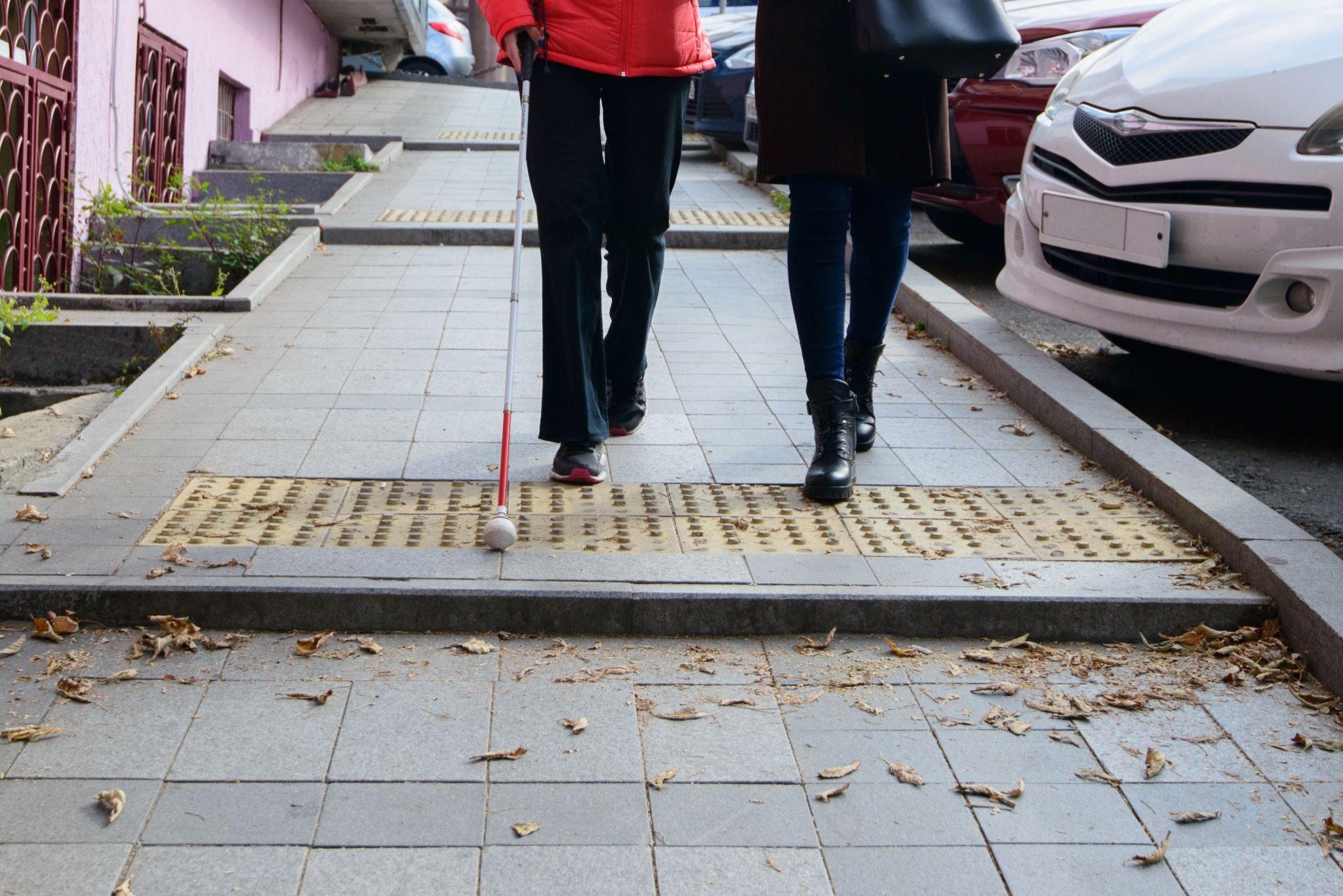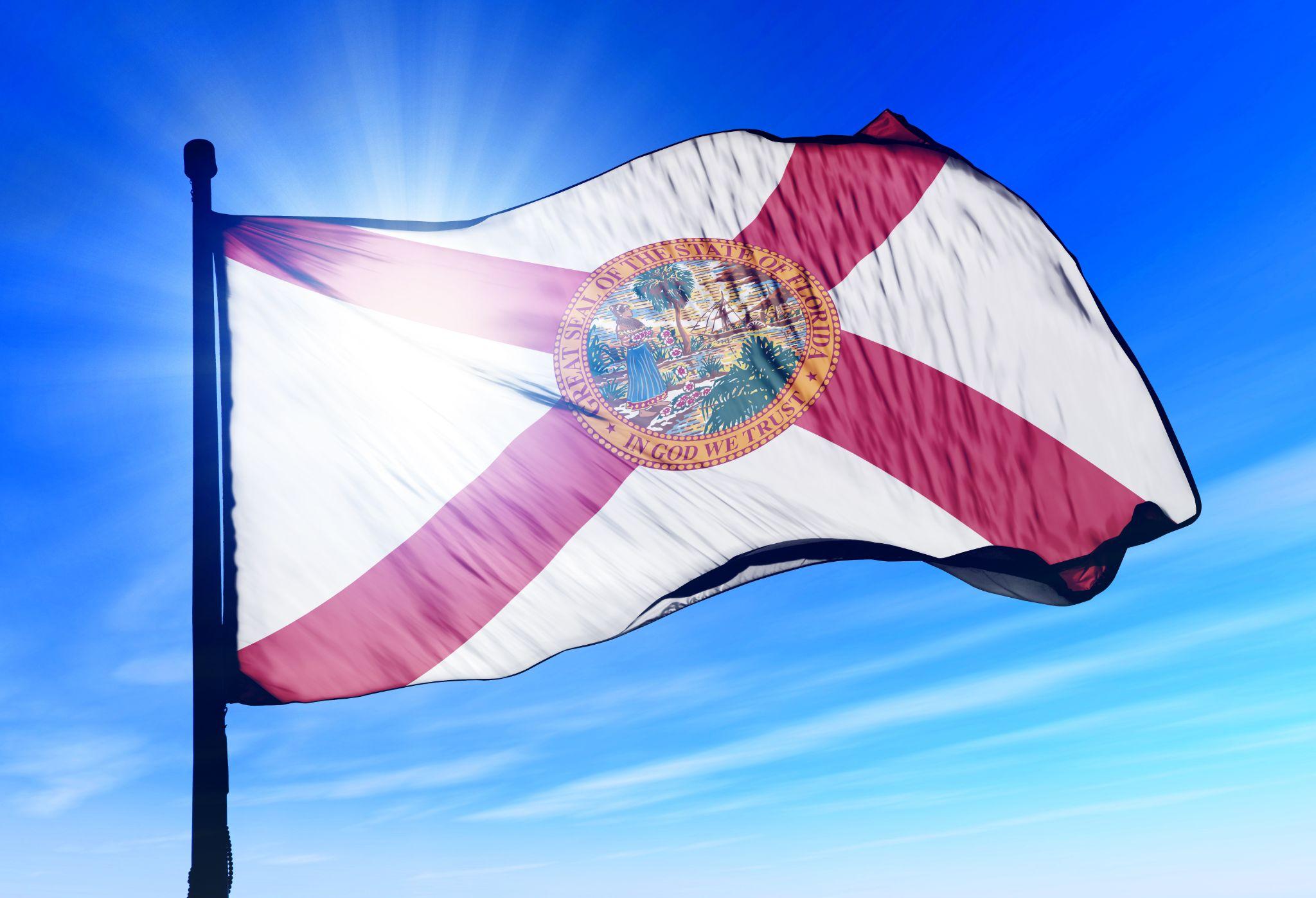A Guide to Florida ADA Compliance for Businesses
It’s important for businesses and organizations in Florida to be aware of their obligations under the Americans with Disabilities Act. The Act governs the access of those with disabilities to various products and services. This guide aims to provide business owners with important information about Florida ADA requirements.
What Is the Americans with Disabilities Act?

The Americans with Disabilities Act (ADA) became a federal law in 1990. Amendments to the ADA, which greatly expanded the definition of disability, were placed into effect in 2009.
The ADA guarantees individuals with disabilities the same rights, access and opportunities as those without disabilities enjoy. It does this both by setting out requirements for businesses and organizations, and by imposing hefty fines for non-compliance.
The Act applies to any business with 15 or more employees, businesses or organizations relying on or benefiting the general public, and all agencies at the federal, state and county levels.
In Florida, the ADA goes into detail about the responsibilities of businesses and organizations under five titles:
- Employment
- State and Local Government Activities
- Transportation
- Public Accommodations
- Telecommunications
Title I – Employment

Title I makes it illegal for any workplace to discriminate against disabled persons from application and hiring to training and working. It requires employers to not only address, but also remove any existing barriers which may be preventing disabled persons from enjoying employment opportunities or performing their jobs efficiently.
Title II – State and Local Government Activities
Title II protects individuals with disabilities from discrimination by government entities on the state and local levels. It requires these entities to not only remove physical barriers to disabled persons at their premises, but to also reasonably modify or remove barriers which may exist in their procedures, practices and policies.
Title III – Transportation
Title III of the ADA covers the requirements for private and public providers of ground transportation. This comprehensive title ensures that disabled persons have equal access to all forms of ground transportation in terms of operator training, signs and priority seating, service animal allowances, adequate boarding time, and accessibility features like lifts and information systems for riders, such as Braille.
Title IV – Public Accommodations
Title IV covers the equal access of disabled persons for public accommodations, which include private schools, movie theaters, doctor’s offices, restaurants and retail stores. It details the minimum requirements for existing businesses in terms of modification to remove barriers, and also provides guidance for new construction. Title IV also includes requirements to ensure effective communication with those having speech, hearing or visual disabilities.
Title V – Telecommunications
Title V concerns the rights of disabled persons where it comes to electronic communications. This title requires providers of internet and telephone services to ensure that disabled persons have effective means of communication. These requirements were updated in 2010 to ensure that modern mobile, broadband and digital service providers also comply with ADA Title V standards.
Florida ADA Compliance Resources

Businesses and government entities operating in Florida must comply with both the federal regulations set forth in the Americans with Disabilities Act, as well as state-specific requirements. If you’re a Florida business owner, you will find the following resources helpful. However, it’s important to be aware that this is not an exhaustive list.
ADA.gov contains information with regard to design standards, enforcement, technical assistance, laws and regulations.
The 2012 Florida Accessibility Code for Building Construction maintains the ADA requirements for architectural accessibility, but also includes existing provisions under Florida law which are considered to be more stringent than ADA requirements.
The Florida Bar offers an Accessibility Checklist for download at no cost. The document provides a summary and overview of several aspects of accessibility requirements for businesses, including parking lots, doorways, lavatories and dining areas.
The ADA Update: A Primer for Small Business is a downloadable guide provided by the ADA to facilitate understanding among businesses as to their requirements under the Act.
ADA Solutions is a designer and manufacturer of detectable warning systems that businesses in Florida can use to achieve and maintain ADA compliance.
Detectable Warning Solutions for Florida Businesses

Compliance with the Americans with Disabilities Act in Florida means providing all of your customers and visitors with equal access to your products, services and premises. Non-compliance under the Act can result in fines for the initial violation, as well as individual fines for subsequent violations.
Disabled persons can also take legal action against businesses who discriminate against them. Finally, costly and irreparable damage can be inflicted upon the reputation of businesses found to be discriminating against individuals with disabilities.
Detectable warning surfaces from ADA Solutions helps Florida businesses achieve and maintain ADA compliance. Our lines of products include the Iron Dome warning surface, Glow Dome wayfinding system, and Graphic Tile system. We offer cast-in-place, surface-applied and radius system options to suit the needs of every Florida business.
ADA Solutions manufactures all products in our own ISO-9002 facility, which ensures strict quality control. We also offer a 7-year warranty on our systems—the longest in the industry. We invite you to visit us for more information about the benefits of our detectable warning products.




